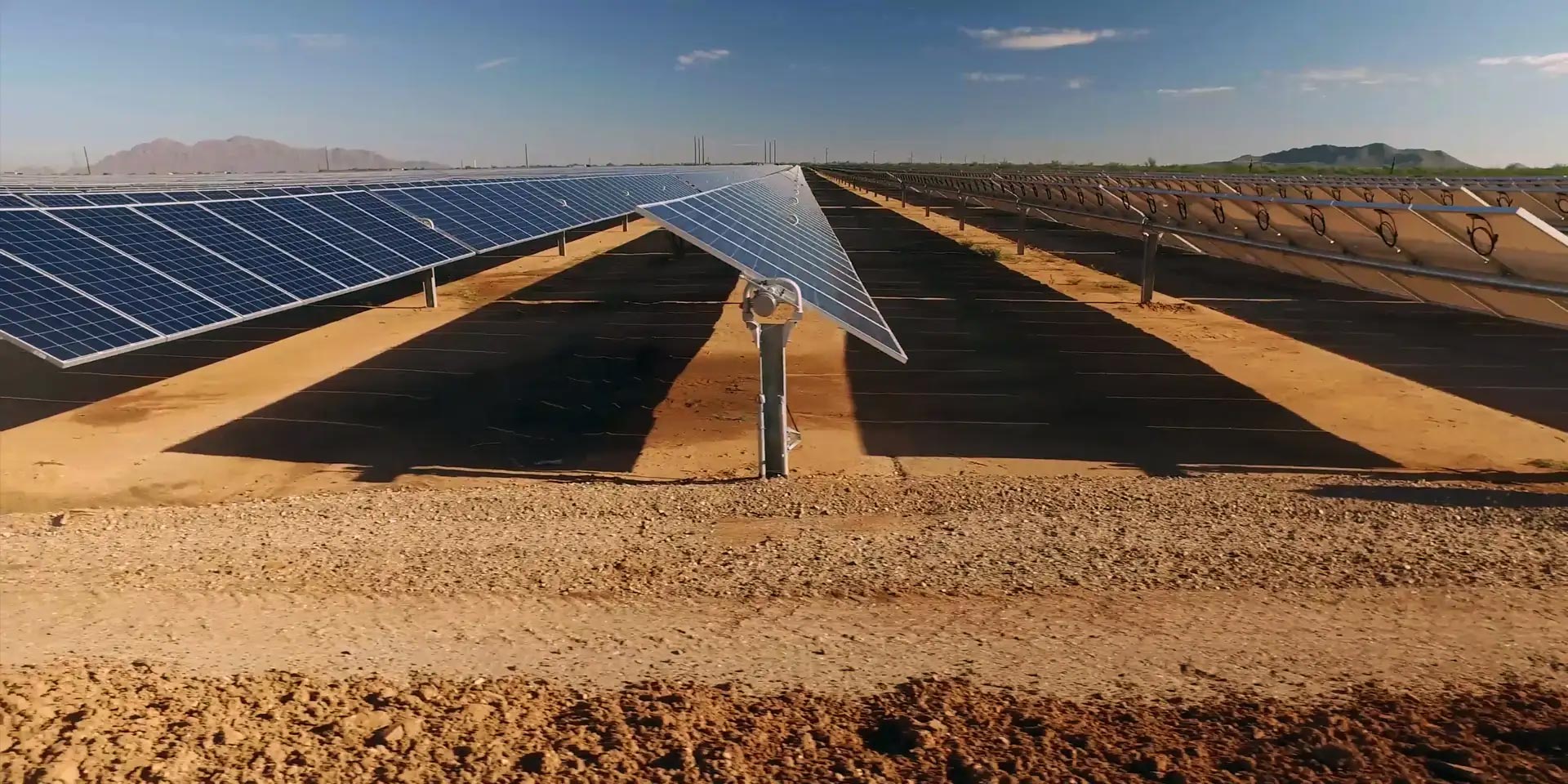AGL | CEF NEWS UPDATES | CEF SERIES ON CRITICAL MINERALS | China | Coal/electricity/electrification | Critical minerals | Decarbonisation | Energy Crisis | Finance Sector & Emissions | Hydrogen | India & Adani | Monthly China Energy Updates | Submissions | Taxes & subsidies | US IRA/ NZIA et al |
Super opportunity: Government review of YFYS Performance Test
Australia’s superannuation industry is on track for massive growth, projected to reach a staggering $13.6 trillion over the next twenty-four years. This shows the monumental significance of what our superfunds invest in, placing them at the heart of the nation’s financial landscape. According to a new report by Mercer, by 2048, the value of superannuation assets is expected to be 176% of Australia’s GDP, demonstrating its immense significance to the country’s economic well-being and direction. Read more
OP ED | Climate capital needs right policy settings to stem exodus
Last week’s announcement by AusSuper, Australia’s biggest super fund with over $300bn in assets under management, that it will dramatically upscale its investments offshore, including A$15.5bn into large-scale, long-term energy transition opportunities in the UK, should be a wake-up call to Australian energy policymakers. Read more
OP ED | Nuclear energy is not viable in Australia
As the LNP ramps up its campaign for nuclear energy in Australia, we write that the nuclear furphy deters renewable energy investor confidence & increases sovereign risk as it betrays the Australian people Read more
Analysis | QLD Battery Industry Strategy Positions Sunshine State as Cleantech Leader – Time for State and Federal Counterparts to Step Up
Queensland’s groundbreaking announcement today of a more than half billion dollar investment of strategic public capital into a battery industry strategy means the sunshine state is now becoming the nation’s cleantech leader, streaking ahead of the other states and the federal government to claim the zero-emissions energy and investment crown. Read more
OP ED | Here we go again: Rooftop PV + SMRs + CCS the latest ploy in the Coalition’s ‘disrupt and delay’ handbook
Here we go again – the latest salvo from the climate laggards of the National Party designed to disrupt and delay Australia’s accelerating clean energy revolution. This time, it is couched in the tactically crafty but deeply cynical and flawed view that distributed renewables – minus utility-scale – are the solution to electricity grid decarbonisation. Read more
REPORT | Queensland’s Energy Transformation: From Coal Colossus to Renewable Energy Superpower
An analysis of Queensland’s current energy grid and its transition from FY24 to FY36, modelling the impacts of large-scale and distributed energy generation and storage to meet Queensland’s renewable energy and emissions reduction targets. Read more
New report finds epic failure of credible, capital-allocated corporate transition planning
While national standards and guidance are typically designed to cover minimum requirements, internationally-accepted climate integrity principles are a much higher standard and should be the goal. Read more
OP ED | Massive Victorian blackout a copybook illustration of need to build energy system resilience & accelerate transition to firmed renewables
Yesterday afternoon storms damaged power lines across Victoria taking all four generators at AGL’s massive end-of-life 2,210 megawatt (MW) coal-fired Loy Yang A power station offline as part of a cascading series of events, and with it 30% of the state’s power supply. This is a massive wake up call on the unreliability of ailing coal clunkers and the need to transition to firmed renewables. Read more
CEF Position Statement on Treasury’s Climate-related Financial Disclosure Exposure Draft Legislation
Climate Energy Finance applauds the Government’s move to establish common disclosure requirements for climate-related financial risks and opportunities for Australian companies. We applaud the draft legislation’s focus on materiality, substance and speed, rather than delay and perfection. We would welcome additional measures to ensure disclosures are underpinned by the principles of information completeness, cross-sector comparability and integrity. Read more

